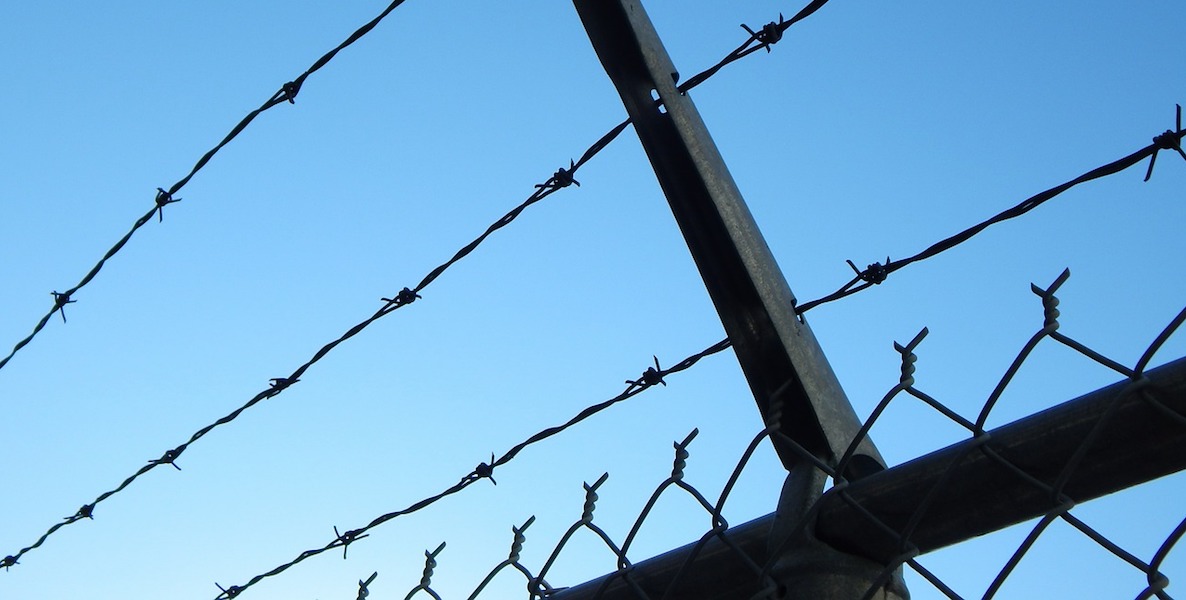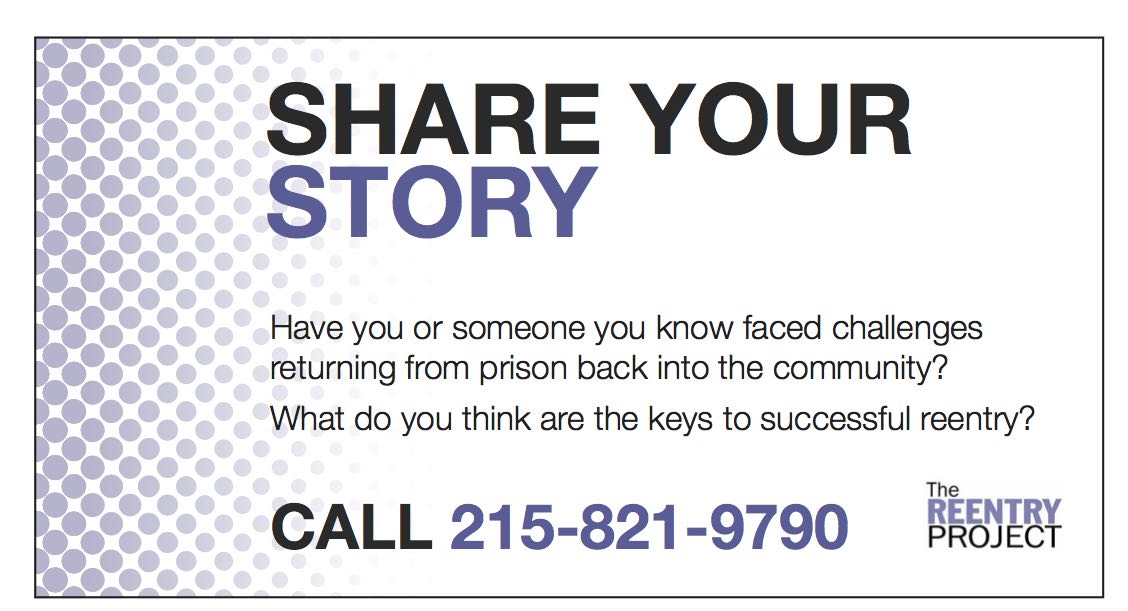The United States has more people with criminal backgrounds than the entire population of France. In Philadelphia, it’s estimated that between 200,000 and 300,000 residents—approximately one in every six of us—have been intimately familiar with a jail cell.
One in six.
That means one in six of our fellow Philadelphians knows how it feels to be abruptly disconnected from a child or loved one. One in six have conspicuous gaps in their resumes or debt that’s piled up over the months or years that he or she was unable to work to pay it off. One in six of our city’s residents has felt the sting of being taken away from their home, not knowing if it would be there when they return. One in six of us has been told to sit in a concrete box rather than be offered a chance to be in a substance abuse treatment program.
This also means that one in every six Philadelphians—some once, some multiple times—has walked past the bars and guards, eager to start a new life, but perhaps wondering: “What now?”
Thursday marks the beginning of Reentry Awareness Month, according to a new resolution sponsored by Councilman Kenyatta Johnson and approved by City Council last week. He and other Council members including co-sponsor Curtis Jones, Jr., Jannie Blackwell, Helen Gym, and Derek Green, believe that “what now,” ought to be at the forefront of the city’s work, in particular over the next 30 days.
Piecing a life back together after it has been disrupted by the criminal justice system is an immense undertaking. Returning citizens—and we as a society—fail more often than we succeed. According to national statistics, 77 percent of state prisoners will be rearrested within five years. Here in Philly, the city with the highest incarcerated rate of America’s 10 largest cities, 58 percent of people released from the Philadelphia Prison system are reincarcerated within 3 years.
One of the problems is that solving recidivism means solving the structural issues that underscore our nation’s mass incarceration epidemic—poverty, racism, drug addiction, widespread mental illness and a prioritization of punishment over rehabilitation. Also, every person who walks out of prison has a unique set of needs and challenges. Those who know reentry best, say that a perfect system would entail individualized assessment and case management for every single person who leaves lock-up.
This massive fiscal and bureaucratic undertaking is not on the immediate horizon for Philadelphia. But that doesn’t mean that nothing works, or that there aren’t effective options for improvement. Successful reentry has a pattern. There are programs, models and approaches that have proven to work for a broad swatch of the formerly incarcerated population and there are individuals overcoming the odds every day in our great city.
I know this because of my work with The Reentry Project, a collaborative news initiative between The Citizen and 14 other local outlets that are dedicated reporting to this topic throughout 2017. Supported by the Solutions Journalism Network, Temple’s Klein College of Media and Communication, and The Knight Foundation, The Reentry Project seeks to advance the conversation on reentry by exploring the social and economic toll of high recidivism rates and by highlighting models that demonstrate promise in facilitating a successful transition for returning citizens.
If you haven’t read our first six months of reporting, here’s a primer:
Whether or not someone is able to succeed on the outside can hinge on the big stuff—finding a job, securing a stable place to live in a half-way house or on your own, getting an education. And it depends on the little things, like having a mentor, creating art, feeling as if you belong, and having someone in your life who believes you are more than the sum of your rap sheet.
We’ve learned that the needs of formerly incarcerated women differ from that of men—and that the experience of those locked-up as kids is another thing entirely. We’ve documented what the city is doing to bring down its jail population, the positive outcomes when business leaders and organizations open their doors to returning citizens, and which places offer key services like record expungement or opportunities to graduate. And we’ve come to understand the importance of formerly incarcerated people sharing their wisdom, leading their own organizations, and participating in policy-making conversations.
We are halfway through our journalistic experiment and there’s lots more to do. We will continue shining a light on what solves the reentry puzzle in our city, and seek out what’s working in reentry throughout the country, so that Philly learns as we go along.
But we can’t do this project without you—without your story. The Reentry Project is about amplifying the voices of those who are typically not heard. We have begun handing the mic to returning citizens and then bringing you that footage.
We will be at the June 10 and June 28 Reentry Awareness month events to record your stories live and we’ve set up a 24 hour call-in line at 215-821-9790. If you or someone you know has been incarcerated, we want to hear from you: Do you have a loved one who you’ve supported as they reentered society? Give us a ring to share what that was like.
Work with a returning citizen? Call in and tell us what you’ve learned.
And most of all: if you have ever walked out of a cell, into the fresh air of freedom, and wondered “what now”—call us to tell us what came next.
Jean Friedman-Rudovsky is the Project Editor of The Reentry Project.



